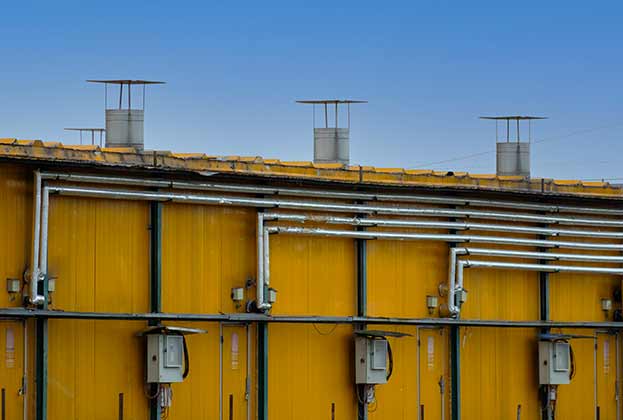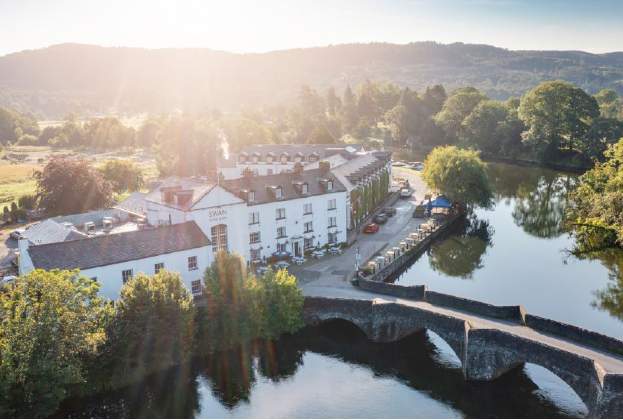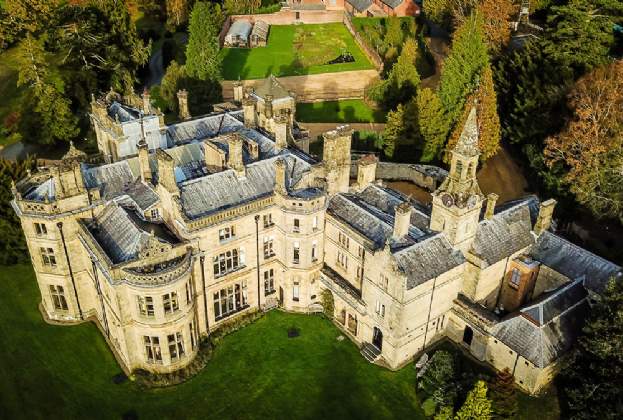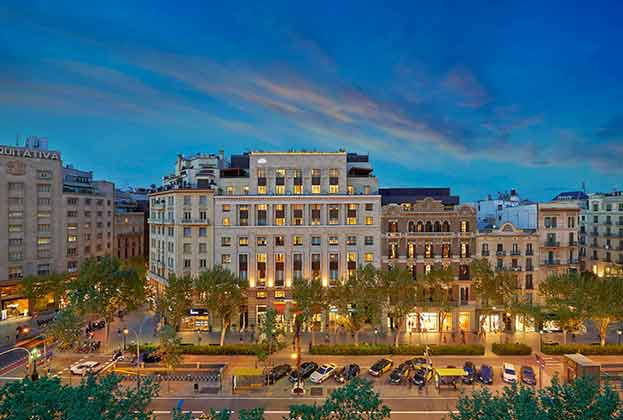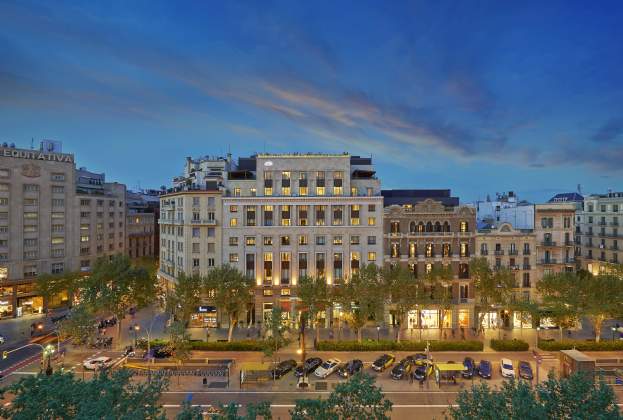In the first quarter of 2018 we witnessed investment volumes in Scottish hotels continuing to go from strength to strength. Volumes totalled £105.85 million between January and March – an increase of 90.3 per cent year on year and exceeding the five-year average by 63.1 per cent.
Edinburgh has accounted for 82.4 per cent of this Q1 investment, totalling £87.25m across two deals. These include the sale of Waldorf Astoria, above, to Abu Dhabi investors Twenty14 (the hotel investment arm of Lulu Group) for £85 million in January.
Why Edinburgh? The Scottish Capital is the UK’s second city for international tourism, welcoming 1.7 million international overnight visitors in 2016, placing it above other European cities such as Copenhagen and Hamburg. While Edinburgh ranks second to London in terms of number of international arrivals, their comparable impact is more pronounced. For example, relative to the city’s urban population, there are 3.36 international arrivals per capita, exceeding the 1.93 for London. Edinburgh ranks 8th globally for international arrival penetration, above larger visitor markets such as Bangkok, Singapore and Kuala Lumpur.
Its popularity as a tourist hot spot has also been a breeding ground for those who list their residential properties on Airbnb. Yet despite Edinburgh having a higher Airbnb penetration rate (19.2 per cent) than both London and Manchester, those listings that are permanently available sit at just 0.2 per cent of total hotel rooms*. This suggests the impact of Airbnb on the hotel market in Edinburgh is not as great as it may initially appear.
Adding to this thought, research shows the hotel market in Edinburgh is operating at 83.7 per cent occupancy (2017 average total) with the Average Daily Rate (ADR), at £103.29, up by 1.9 per cent on 2016 and 10.4 per cent year on year, respectively. 2018 has already seen a strong start to the year with revenue per available room (RevPAR) and ADR up 4.2 per cent and 4.1 per cent in February year on year, and occupancy also up compared with year-to-date figures for 2017.
This points to a healthy hotel market when compared with Airbnb, with ADR at £92.33 and occupancy at just 53 per cent, according to AirDNA snapshot. AirDNA also states that just 6 per cent of all available Airbnb properties in Edinburgh are booked for 10 or more months per year.
Edinburgh and the wider Scottish hotels market will therefore continue to thrive and attract investor interest. The sale of Waldorf Astoria reinforces a continued appetite for overseas investment into hotels in Scotland, notably from the US, Asia and the Middle East, which was apparent in 2017 when overseas investors invested £57.4 million on Scottish hotels, more investment than the year before. The price paid for Waldorf Astoria means that total spend by overseas investors on Scottish hotels so far in 2018 is already 48.1 per cent of the total spend in 2017.
* source: Inside Airbnb
Further information
Read more: Investors keep checking in to Scottish hotels
.jpg)

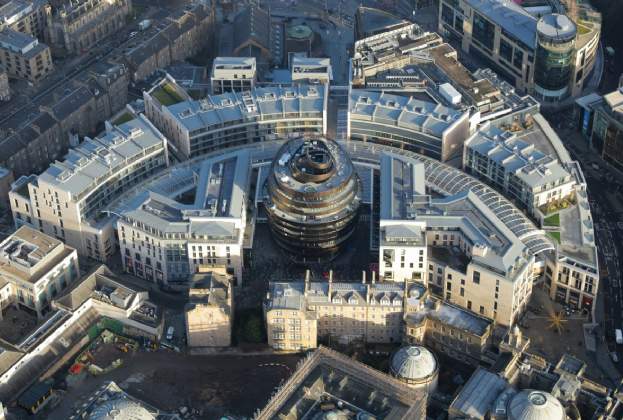
.jpg)
.jpg)
